Karen Tay, Singapore's Smart Nation director, was recently in Washington D.C. to run a workshop for the World Bank on how to develop “smart cities." She says: “'Smart cities' is honestly a buzzword... when I get invited to speak, most people expect me to start with cool tech like AR, VR, AI, modeling and simulation, blockchain and the like. The fact is that cities are complex ecosystems with very established ways of operating. If we want to disrupt them with technology in a way that benefits the masses (i.e. not just the upper middle class), we need dedicated work from the ground-up, coupled with political commitment." Karen Tay's five tips for smart city efforts come from conversations and projects with smart city leaders around the world.






 Your new post is loading...
Your new post is loading...
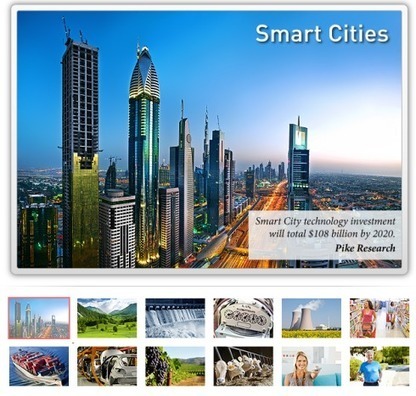



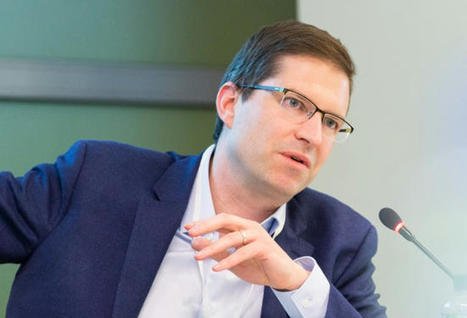
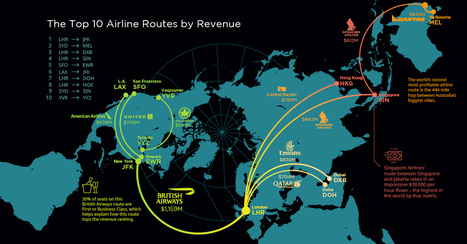


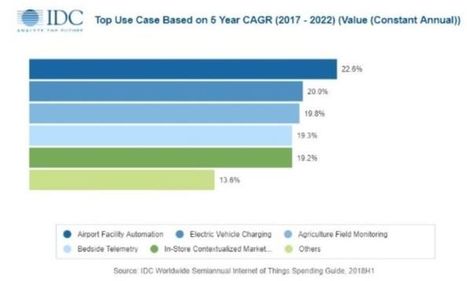
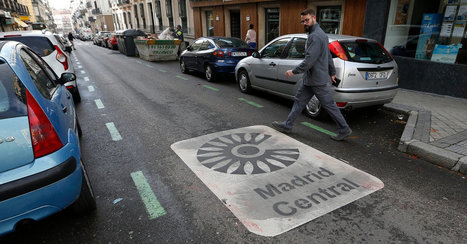





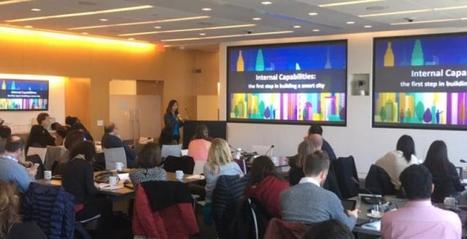
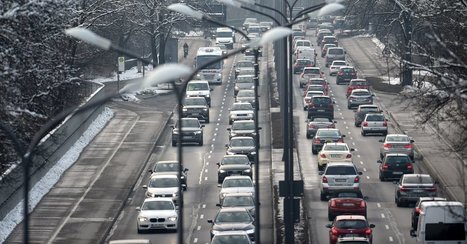



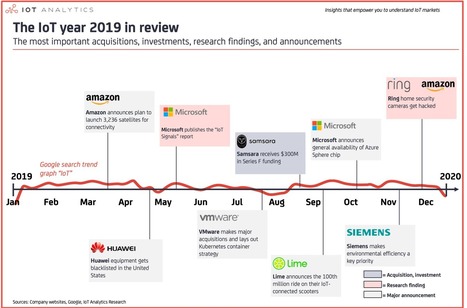
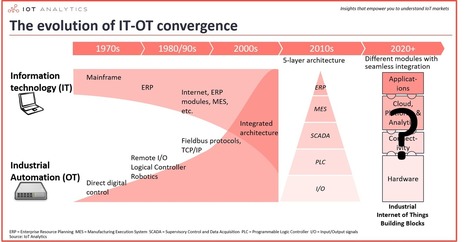
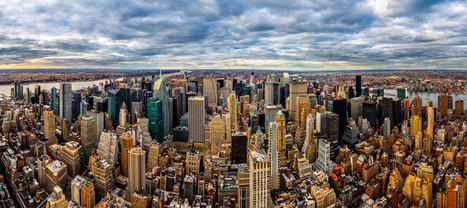
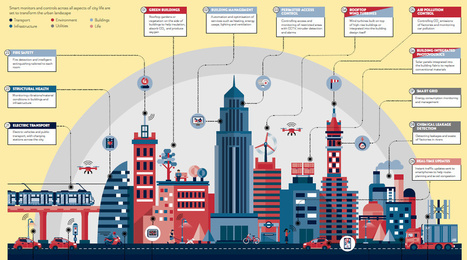

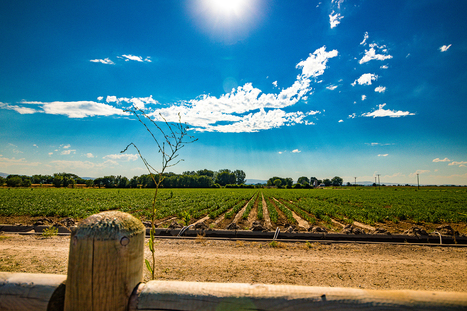
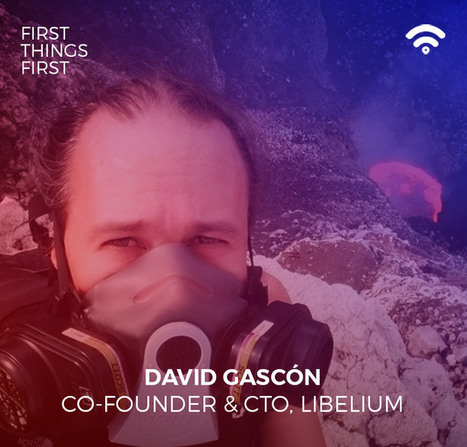











Highlights from this round of the 100 Resilient Cities Challenge:
Applications were submitted by 331 cities across 94 countries, spanning six continents and written in 7 different languages.The sizes of the entrant cities ranged from fifty thousand to well over ten million.Nearly 70 percent of all Challenge entries came from the developing world.And more than 80 percent indicated an excitement to partner with other cities in their resilience efforts.With the addition of the 35 new cities, the 100 Resilient Cities Network will now impact more than 700 million people across the globe: that means one-fifth of the world's urban population now lives in a city that is a part of 100 Resilient Cities Network.
Barcelona is included in this round.